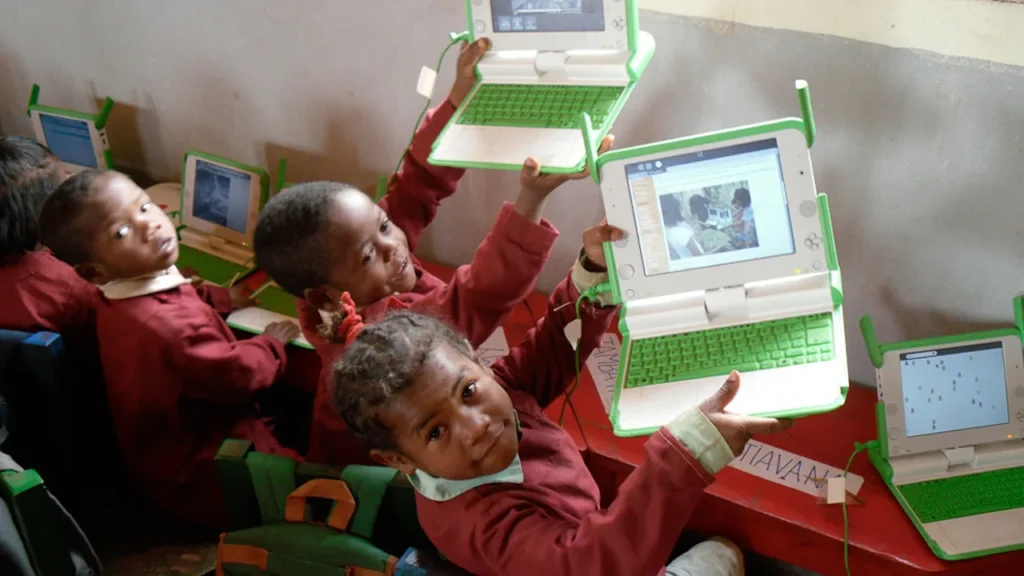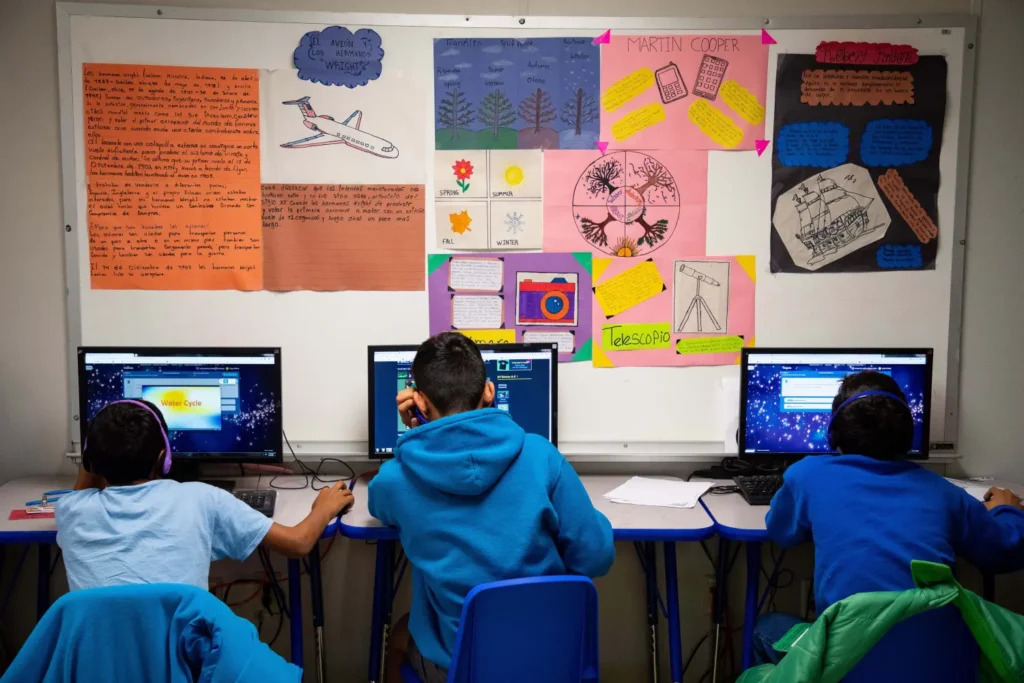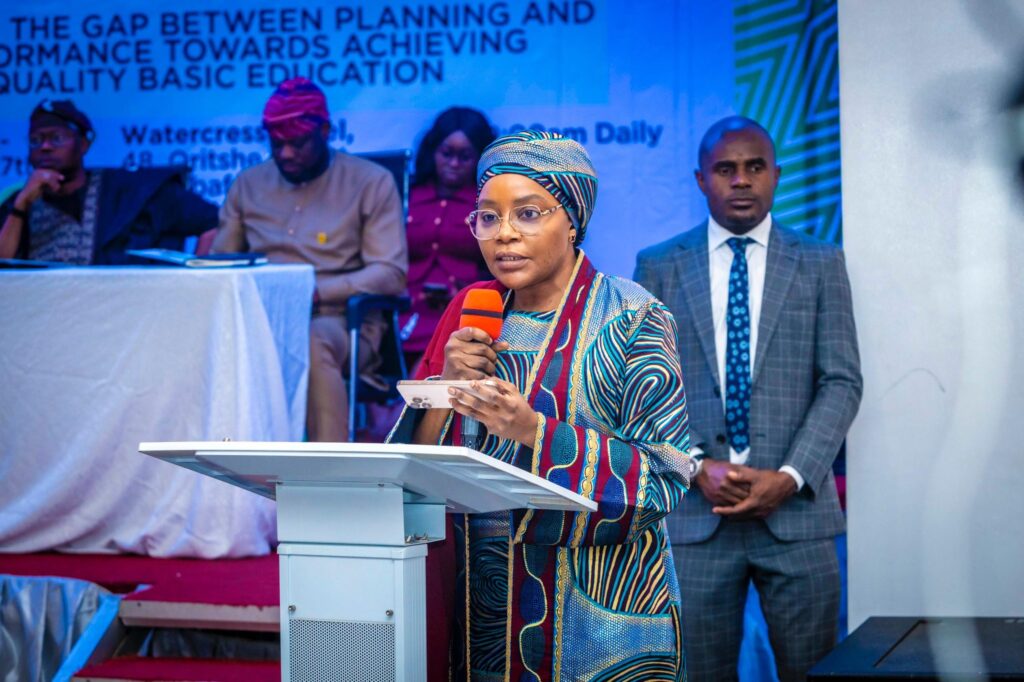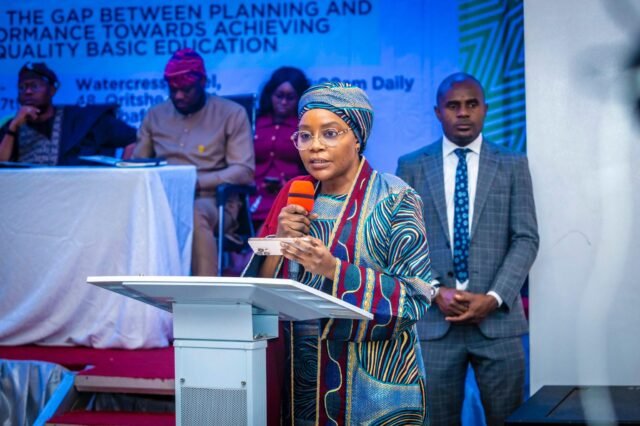In a landmark move poised to reshape basic education across Nigeria, the Federal Government has unveiled an ambitious initiative to deliver free laptops and tablets to 47 million pupils and teachers in Smart Schools nationwide. Announced at the signing of a Memorandum of Understanding (MoU) between the Universal Basic Education Commission (UBEC) and Digital Learning Network (DLN) in Abuja yesterday, this scheme is primed to make a substantial impact across pre-primary, primary, and junior secondary levels.
The 47 million-strong rollout underlines the government’s intent to bridge the digital divide—extending modern educational tools even to more remote corners of the federation. Naturally, the initiative signals a break from traditional education models, ushering in a more accessible, tech-centred learning environment for teachers and learners alike.
Table of Contents

Zero Cost, Maximum Impact: How This Game-Changer Will Work
A striking aspect of this plan is its promise of zero cost to both federal and state governments. This bold public–private partnership is entirely funded by the DLN, in collaboration with Deloitte Financial Advisory, various commercial banks, and the National Credit Guarantee Company.
Thomas Lamerna, CEO of Digital Learning Network, emphasised that each device will come pre-loaded with free data, digital textbooks, and interactive learning content aligned with the Nigerian Educational Research and Development Council (NERDC) curriculum.
From the outset, the programme aims for a seamless distribution of devices—in Smart Schools across all states and the Federal Capital Territory. UBEC Smart Schools are specially designated institutions promoting 21st-century teaching methods and digital learning across the country.
By easing the financial burden on governments and parents, the initiative ensures inclusivity. Children in pre-primary, primary, and junior secondary schools stand to gain equitable access to quality educational tools, regardless of economic or geographic limitations.
Empowering Teachers, Elevating Learning: The Human Element at the Core
Beyond the gadgets, this initiative hinges on the real game-changer—teacher capacity building. Aisha Garba, UBEC’s Executive Secretary, described the scheme as a “major turning point” in bridging Nigeria’s educational digital divide.
Garba explained that the technology will open doors to digital textbooks, interactive learning materials, and virtual classrooms, which should elevate both teaching and learning outcomes. She reassured that UBEC will collaborate closely with state governments, school administrators, and key stakeholders to oversee fair distribution and maximise utilisation.
Crucially, the programme includes extensive training for teachers—ensuring they acquire the necessary digital pedagogy skills to translate technology into tangible educational gains. Thus, the focus is not just on distribution, but on sustainable, long-term integration.

Looking Ahead: What It Means for Nigeria’s Educational Landscape
This bold initiative carries multiple ripple effects for Nigeria’s future:
- Narrowing the Digital Gap
Delivering laptops and tablets across the board immediately narrows the digital divide—students and teachers now gain equitable access to educational content and platforms. - Boosting Learning Outcomes
With digital, interactive materials and virtual classrooms, classroom engagement is expected to rise, potentially improving retention and comprehension among learners. - Strengthening Teacher Skills
Built-in training ensures that educators are not left behind technologically. This can foster a more confident, digitally fluent teaching workforce. - Zero Fiscal Strain
The programme’s zero-cost model offers a rare opportunity to introduce large-scale tech reform without stretching already limited educational budgets. - Enhanced Accountability
Coordinated effort with state authorities and school administrators promises transparent distribution and active monitoring, aiding in efficient implementation.
UBEC’s commitment to collaboration, paired with DLN’s funding, paints a compelling picture of what is possible when public and private sectors converge for educational reform. The scheme’s success will depend on careful coordination, device maintenance, and ongoing teacher support.

A Digital Leap Anchored in Equity and Quality
Nigeria stands at the threshold of a transformative moment in basic education. By equipping 47 million pupils and teachers with laptops and tablets—at no cost to government or parents—the nation is embracing a future where technology enhances learning opportunities for all.
Should this initiative be executed effectively—through timely device distribution, thorough teacher training, and sustained stakeholder engagement—it has the potential to reshape how education is delivered across the federation.
Join Our Social Media Channels:
WhatsApp: NaijaEyes
Facebook: NaijaEyes
Twitter: NaijaEyes
Instagram: NaijaEyes
TikTok: NaijaEyes
READ THE LATEST EDUCATION NEWS














![Mr Macaroni Drops Blistering Remark: ‘APC Filled with Most Corrupt People’ as He Slams Tinubu’s Controversial Pardon for Criminals=]] Mr Macaroni](https://naijaeyesblog.com/wp-content/uploads/2025/03/Mr-Macaroni-1-1-180x135.avif)

![Chaos Erupts in Abuja Hotel as BBNaija Star Phyna Sparks Fierce Scene Over Alleged N200,000 Dispute [VIDEO] Phyna](https://naijaeyesblog.com/wp-content/uploads/2024/11/A-Picture-of-Phyna-BBNaija-180x135.jpg)























